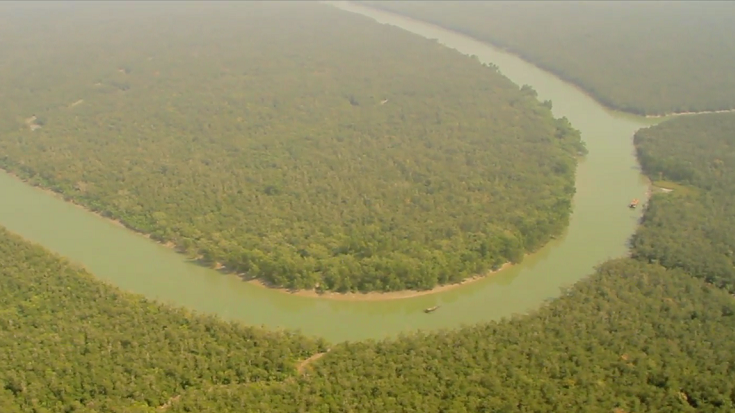The largest mangrove forest in the world, the Sundarbans is a complex network of islands, winding creeks and mudflats. Home to a variety of plants and animals, it is a sanctuary for some of the world’s most endangered species - including the largest single population of Bengal tigers in the world.
Some 3 million people live on the edge of the Bangladesh Sundarbans - the largest mangrove forest in world. For generations, they have depended on nature, and lived as woodcutters, honey collectors, fishermen and subsistence farmers.
However, a recent study “Securing A Resilient Future for Bangladesh Sundarbans” finds that population pressure and the impacts of climate change has put this unique ecosystem under threat. Compared to when first mapped in 1764, Sundarbans is now barely a third of its original size – and it is continuing to shrink. Local communities are struggling to survive with almost 50% living below the poverty line. For those who live on the edge of the Sundarbans, the situation is serious. But it is not hopeless.
The video Bangladesh: Preserving Biodiversity in the Sundarbans shows how just taking a few small steps can make a big difference in saving the forest. Unless we act now, the priceless Sundarbans will disappear within a few generations. Watch the video Bangladesh Sundarbans - Helping Local Communities to see how we can help local communities live in harmony with nature.
We can save the Sundarbans - not just for us, but for generations to come.

